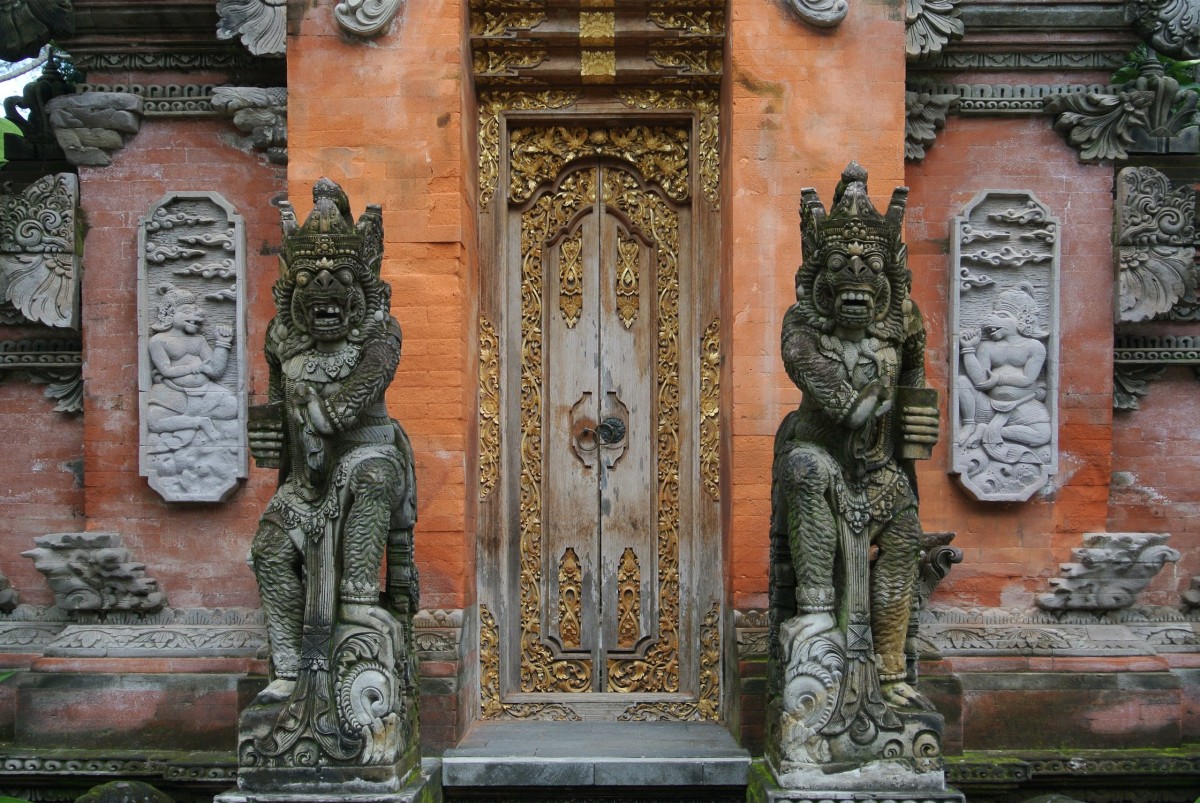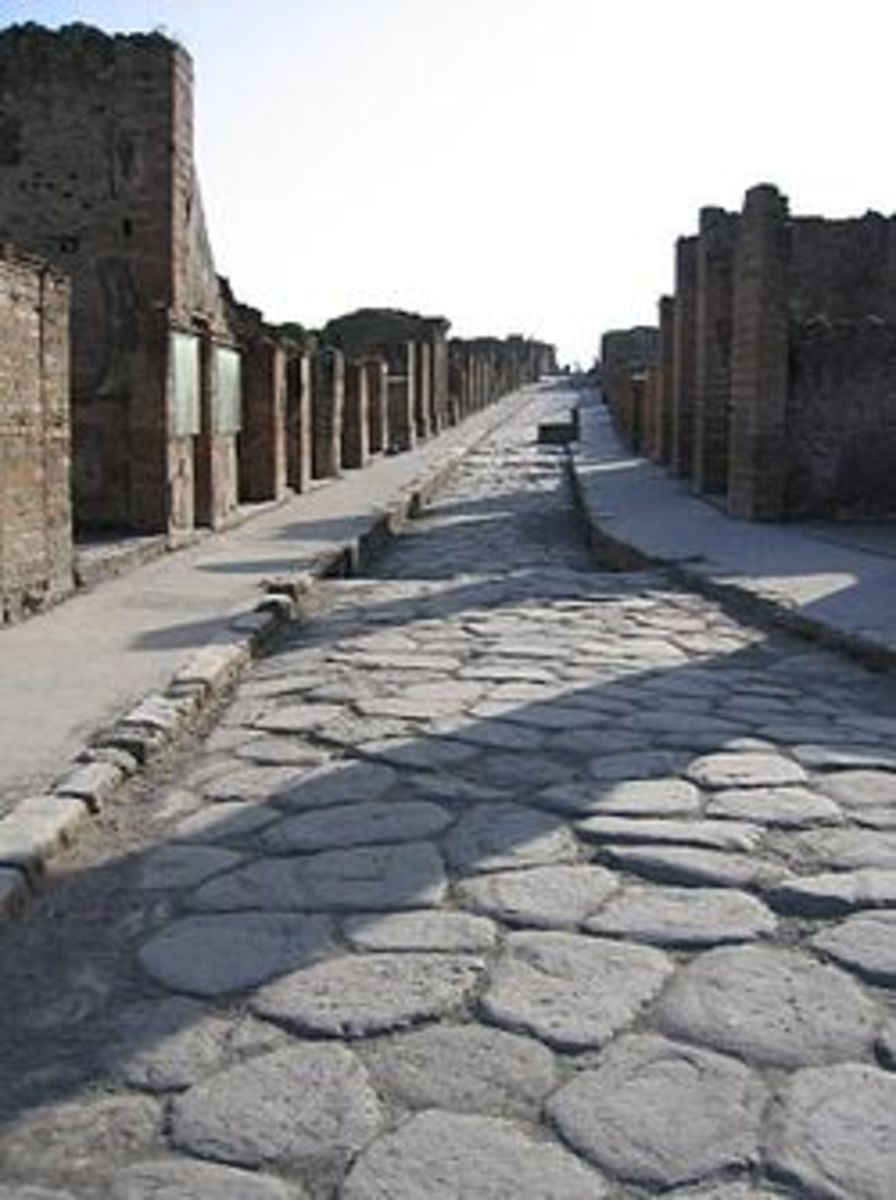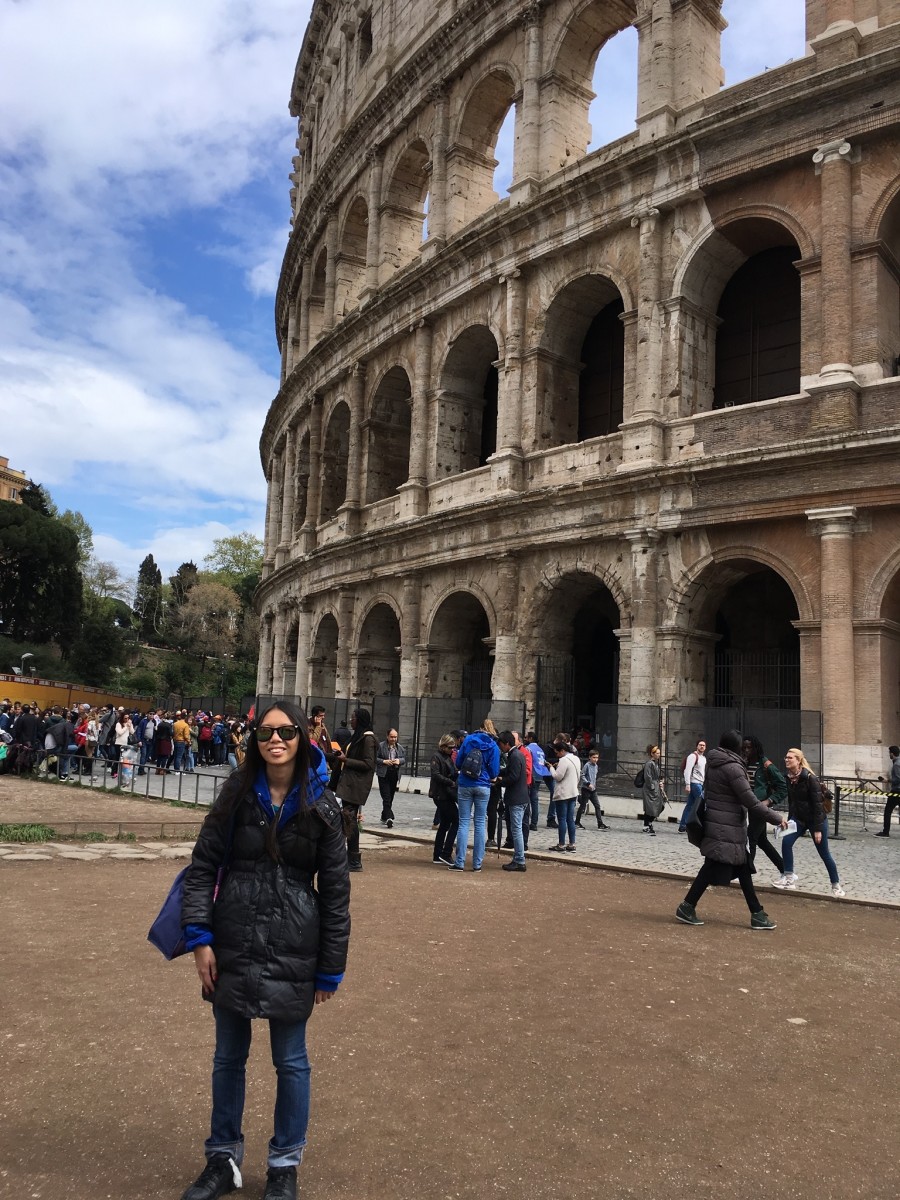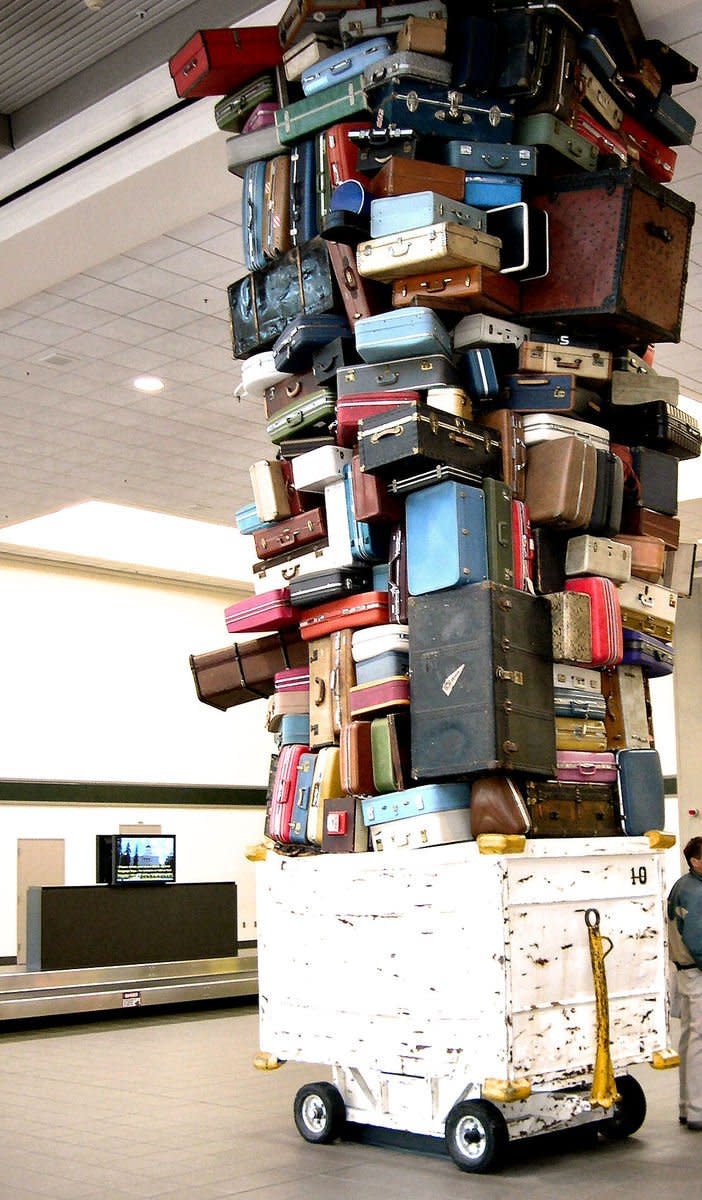- HubPages»
- Travel and Places»
- Travel Tips & Preparation»
- Special Tips for Travel
A Travel Checklist; 14 Tips You Need To Know For Visiting Bali, Jakarta, West Borneo And The Islands Of Indonesia
1) - Check For U.S. Government Travel Advisories
It's quick and easy to check online for U.S. government advisories regarding the area that you're planning to visit.
I've never had an issue traveling to the islands of Indonesia, but I certainly deem it worth my time to check for advisories before planning a visit, and it should certainly be at the top of any international travel check list..
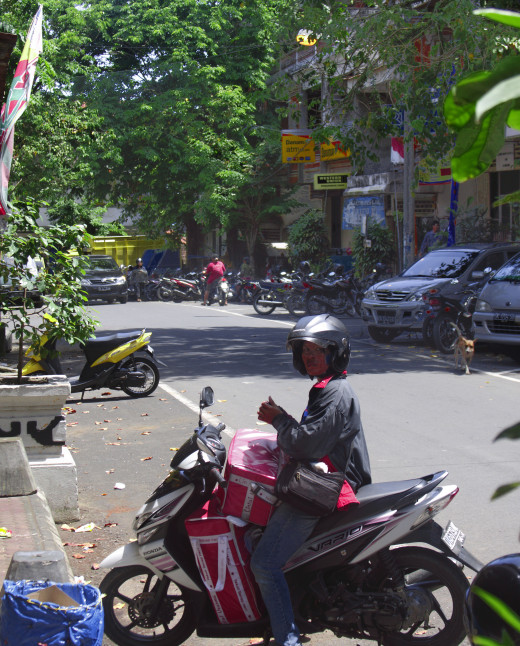
2) - Have Your Innoculations, Medical and Dental Issues In Order
Always see your physician well before your departure date, so that he can determine what particular inoculations, if any, are appropriate for the area that you're visiting!!
Also, so that he has time to plan medications and refills that he deems important for you for your trip. (You don't want to be in a foreign country, particularly where you don't speak the language, trying to come up with refills on critical medications.) Be sure that you will not have any dental issues while traveling, either, as they can become real problems in a foreign country.
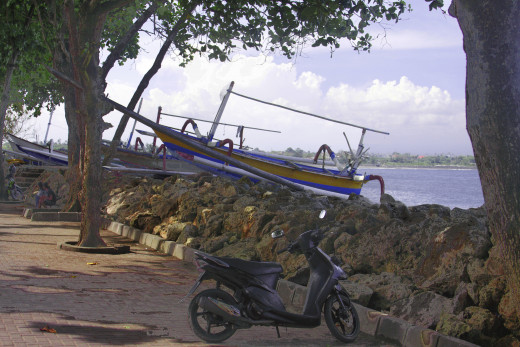
3) - Be Well Prepared For The Long Travel Times
When traveling to Indonesia, especially from the east coast of the U.S., the travel time, including flights and lay - overs can be very long.
Be sure that you have one or two well thought out carry on bags, containing such items as books, reading glasses, lap tops or I - Pads, medicines and sleeping pills, cell phones, hand creams and lotions, etc., as these will go a long way towards making the seemingingly interminable travel more bearable.
Also be sure that your camera, passport and travel documents are near at hand and accessible.
4) - Be Prepared For The Inevitable Jet Lag On Flights Of This Duration
Jet lag on travel times of this magnitude can be overwhelming, and arrival in a land that is 24 hours or so behind the place that you just left can be confusing.
Always allow for a couple of relaxed days upon first arriving at your destination, as jet lag will almost certainly be a factor, and planning easier days until you recover from it, can be a welcome relief.
Also, remember that you will be arriving at a place that is on the other side of the international date line, and it is best to be prepared for that change in date and / or time. (Depending on your flight itinerary, you also may be arriving at your destination at night around your normal bedtime, so it is best to have given this some thought beforehand.)
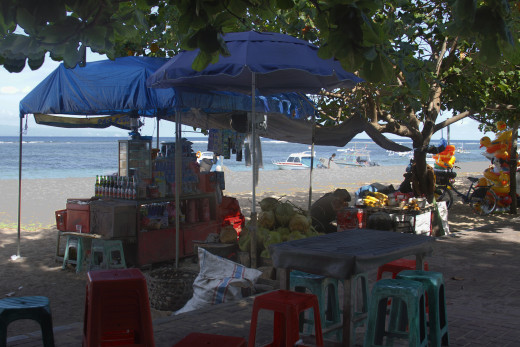
5) - Be Prepared For The Money Changers
It's always a good idea to have a supply of local currency (Indonesian rupiahs) with you, as it makes travel, particularly in more rural areas, much easier.
Keep in mind, however, that the money changers generally prefer new series, unfolded and unwrinkled bills, and will usually impose quite a high penalty for receiving older bills, or ones that are folded or wrinkled. (At one time, we were penalized about 40% for not having brand new, pristine bills for an airport money changer. We quickly learned our lesson, and started going to our bank for new bills before traveling.)
6) - Keep Your Passport And Valuables In A Safe Deposit Box At The Hotel When Going Out
Upon arrival at your destination, call the U.S. Consulate, and let them know that you are in the area, and be sure to have several paper copies of your U.S. passport ID page available to bring with you as you go out on daily outings. (This is a good idea, regardless of the country that you are visiting.)
With your passport and other valuables secure in the hotel safe deposit box, and armed with a paper copy of your passport ID page, you now only need to be sure that your wallet is secure in a button closure pocket of your pants, and that women's purses are very secure, as snatch and grab thefts are not unheard of, although somewhat uncommon. (In Bali, I was once carrying an organizer with passport, credit cards, cash, checks and other ID in my right (street side) hand, walking on the sidewalk, when I ventured too close to the street. Before I knew it, a motorcycle zoomed up, and tried to grab my organizer from my hand. Fortunately, he wasn't able to hold on to it, and it fell to the sidewalk in front of me as the motorcycle zoomed past. (If he had managed to get the orgasnizer, my time in Bali would have become significantly more complicated!!) (Now I don't carry organizers when I travel, or anything that can't be buttoned into a pants pocket.)
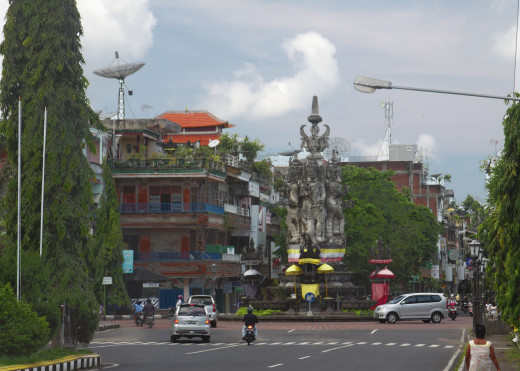
7) - Hire A Driver To Make Travel Much Easier
A car and driver, including gas, can be hired for about $50 - $100 per day, which is quite reasonable, and saves you from having to drive and navigate in the very aggressive Indonesian traffic.
Indonesia is one of the few places in the world that I would not drive myself. The drivers are extremely aggressive, and the traffic rules are quite different than they are in the U.S. What I consider a near accident here, is just normal, aggressive driving there. Hiring a car and driver is money well spent.
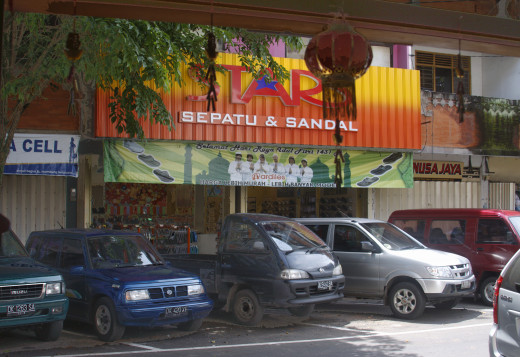
8) - Be Careful What You Drink
Our rule is simple; We drink sealed, bottled drinks, we drink fresh fruit juices, and we drink coffee and tea.
The sealed drinks such as Coca - Cola, Pepsi and Bintang beer are bottled in a sanitary environment, and the fruit juices will generally be done in front of you. Coffee and tea are generally made using boiling water, so they shouldn't be an issue. We do, however, avoid drinking fountains, and water served in cups, or tap water, as it can be a risk.
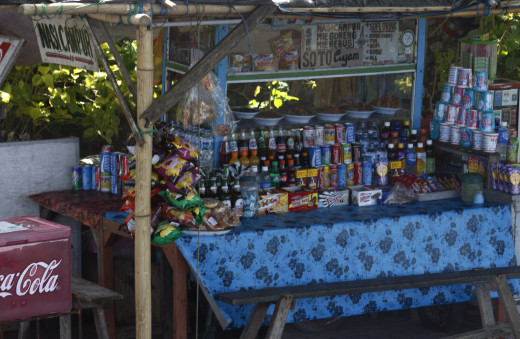
9) - Eat What The Locals Eat
In Indonesia, and southeast Asia in general, food is delicious, inexpensive, and generally much healthier that what we eat in restaurants in North America.
Since there is virtually no dairy in the area, and since chicken, fish, seafood, noodles and fruit comprise a major portion of the diet here, eat the local cuisine. It's delicious, inexpensive and healthy, but can often be quite spicy, so ask about the spice level before ordering a specific dish.
Every time we have ordered Western style food in this region, the food has been sub - standard, unless we were in a fancy hotel dining room, paying higher prices than we should have..
There are food stalls and carts all over Indonesia, from Jakarta to Lom Bok to Bali to Pontianak, West Borneo, and for the most part, they're wonderful. The food cart owners will parade down the street singing out their offerings of breakfast and luncheon foods, typically noodle and rice dishes, and will sell the food to you, warm and delicious, for almost nothing.
When at Kuta or Sanur Beach, or any of the beach communities in the Indonesia, have a seafood dinner at one of the restaurants on the beach. The quality and variety of seafood dishes will amaze you, and the prices will be much lower than you would expect to pay for a romantic seafood meal on the beach, watching the sunset.
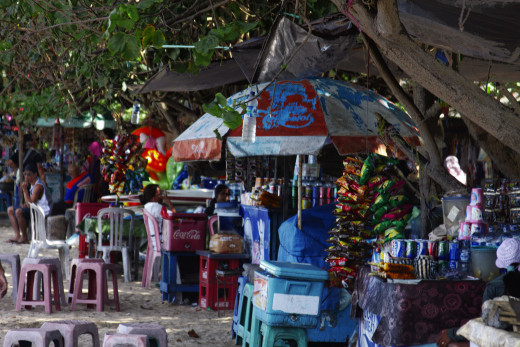
10) - Don't Flaunt Your Affluence
People in Indonesia don't need to be reminded that they live in a relatively poor country. There's no need to flaunt your money or play the rich westerner when interacting with them.
Be gracious, be curteous, but don't be arrogant. Indonesian people love to barter, so indulge them, in good humor, as you buy their various offerings. Their arts and crafts are magnificent, and incredibly reasonable, unless you need to ship items back to the U.S., when shipping can become quite costly.
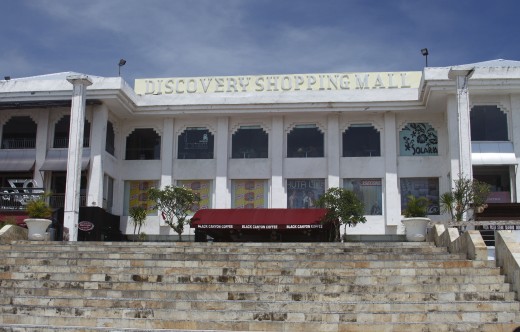
11) - Local Arts And Crafts
The locals do some amazing art and crafts, so be sure to have a look if you enjoy that sort of thing.
We've gotten some incredible hand woven blankets, wooden carvings, and small stoen and ceramic ware, and the prices were much better that they would have been for the same pieces at home. The locals love and expect to bargain, though, and price their goods accordingly, so don't pay asking price. Be careful, too, as you have to be able to get the stuff you buy on the plane, and back home.
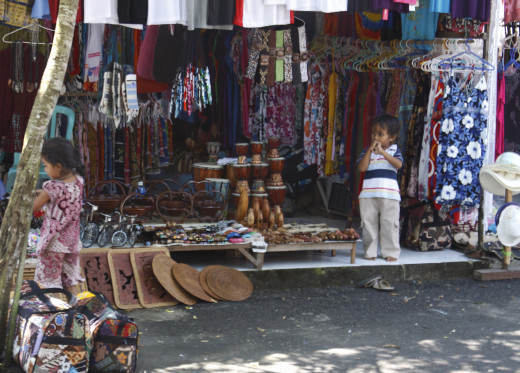
12) - Indonesia Is A Warm, Humid Country; Be Prepared
With 90'+ temps., high humidity and strong sunshine, you need to be sure that you have a few of basic items with you at all times.
A supply of bottled water, particularly if you're doing any hiking, is critical, to replace lost fluids, as is sun screen to protect your skin, and a wide brimmed hat to keep the usually intense sunshine off your head and face. We try to always have sunglasses as well, because, as stated before, the sunshine can be very intense, and we always try to bring a couple of long sleeve shirts with sleeves that are easily rolled up if needed.
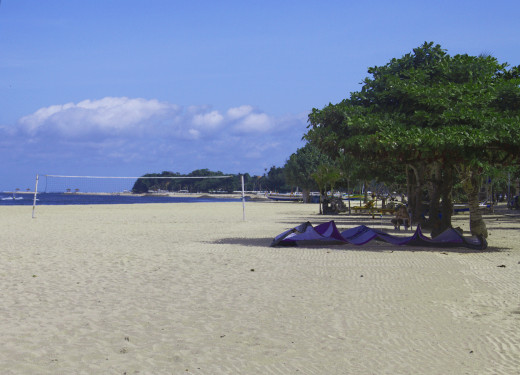
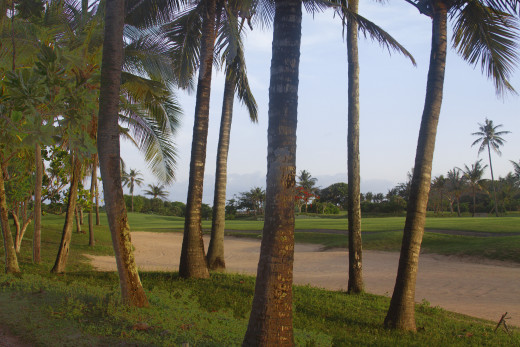
13) - Look Past The Local People's Serious Initial Impression
Indonesian people, particularly the men, can appear quite serious, almost stern when you first meet them.
Don't let this intimidate you. Once you've met or spoken with them for a few moments, their faces will become more animated, and their warm, gregarious personalities will come through. (The Indonesian people are some of the nicest, most sincere people that I have met.) Always try to be genuine with them, as they are very perceptive, and don't be condescending to them, as there is no reason.
14) - When Visiting Monkey Sanctuaries, Be Cautious
Monkeys can be quite aggressive, so avoid eye contact, and be cautious.
I once had a monkey at a monkey park grab my Nikon slr camera with telephoto lens, (that was not on its strap around my neck, as it should have been), and smash it on the ground with all its strength. The camera was ruined, and I learned a valuable lesson. (It wasn't the monkey's fault, I should have been more careful, but the camera was ruined, none the less.)
(Your Comments And Suggestions)
When you visit this hub, please feel free to leave any comments or constructive criticism that you might have.
Your opinions and ideas are what help make us successful.


